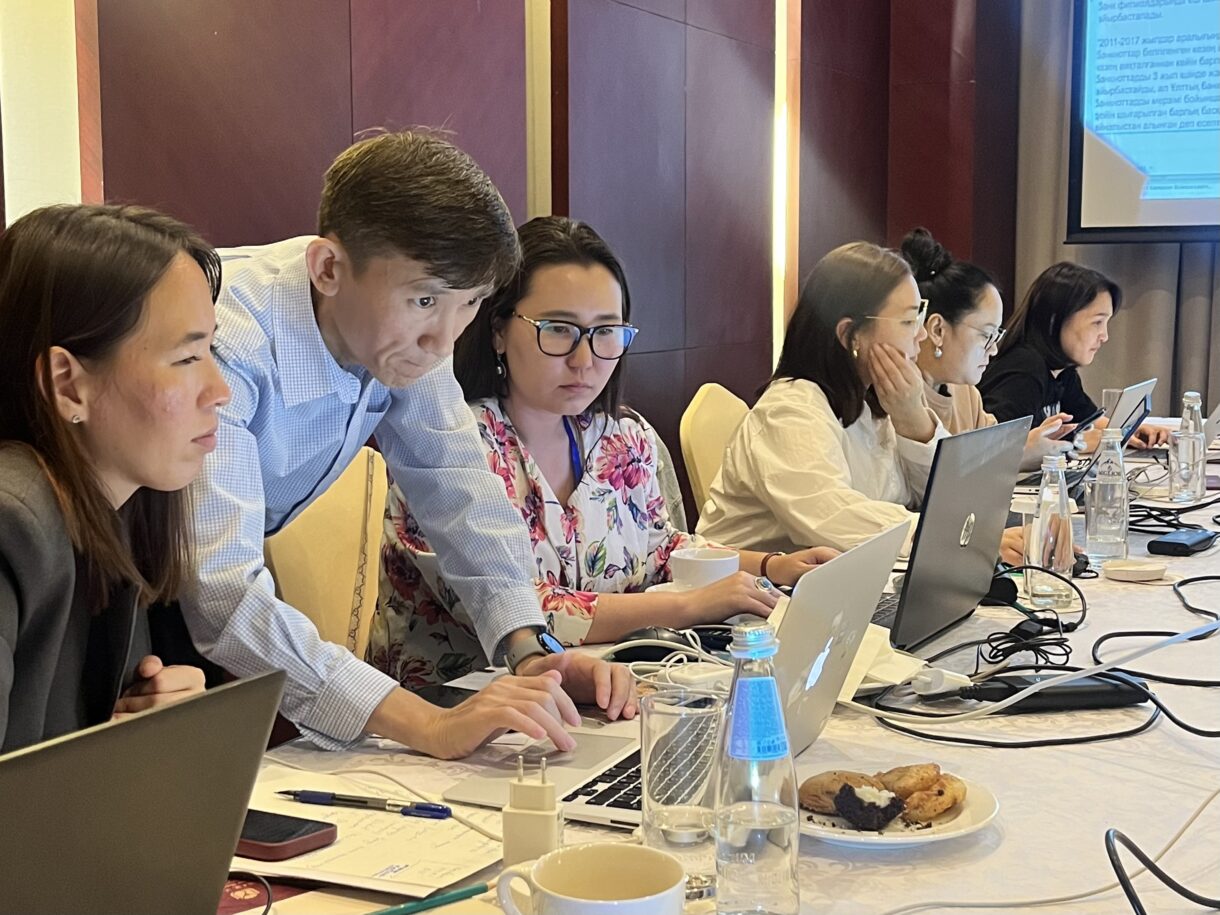
28 Journalists Trained at AI Lab Astana: Artificial Intelligence for Regional Media
On August 21–22, 2025, a two-day AI Lab Astana training was held in Astana, bringing together 28 journalists and editors from media outlets in Astana, Karaganda, Pavlodar, and Kokshetau. Participants received intensive training on the application of artificial intelligence tools in journalism.
The program was structured according to the principle of “30% theory – 70% practice” and included hands-on sessions on the use of cutting-edge AI solutions for:
- text editing and fact-checking;
- translation and working with multilingual sources;
- creating visual content;
- processing audio and video;
- idea generation and editorial workflow optimization.
The sessions were conducted in two small groups – in Kazakh and Russian – ensuring comfort and accessibility for participants with different language preferences.
The trainers included:
- Daniyar Mukhanov – author of the Telegram channel Kazakh in Cardiff on IT and artificial intelligence trends, graduate of Cardiff University (UK).
- Timur Bektur – IT analyst and artificial intelligence researcher, graduate of Boston University (USA), founder of Timur Academy.
AI Lab for Regional Independent Media is an initiative aimed at developing the technical and creative capacity of regional newsrooms in Kazakhstan, reducing the technological gap, and strengthening independent journalism.
Between 2025 and 2027, more than 100 journalists, editors, and media specialists across different regions of Kazakhstan will be trained under the program. In addition to mastering modern AI tools, participants will have the opportunity to compete for paid subscriptions to professional AI services for newsrooms.
📌 AI Lab Astana has become another key milestone in this educational cycle, enabling regional media to adapt to the challenges of the digital era and remain competitive.
This initiative is implemented with the financial support of the European Union. The contents of this training are the sole responsibility of MediaNet and can under no circumstances be regarded as reflecting the position of the European Union.
